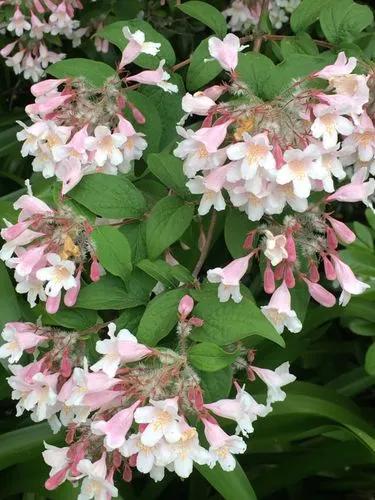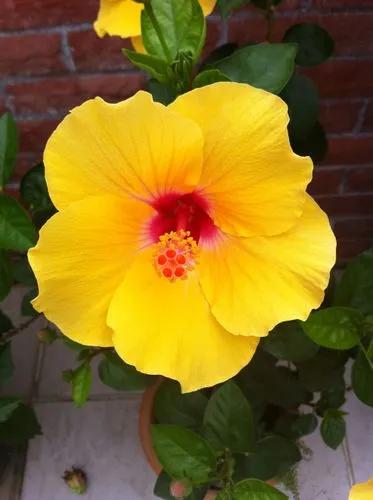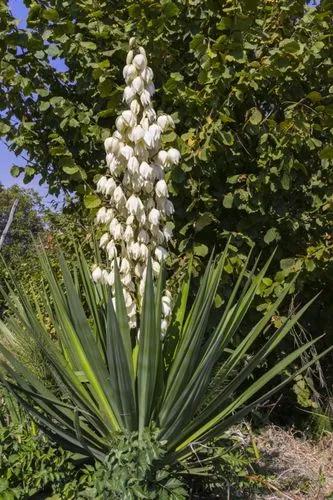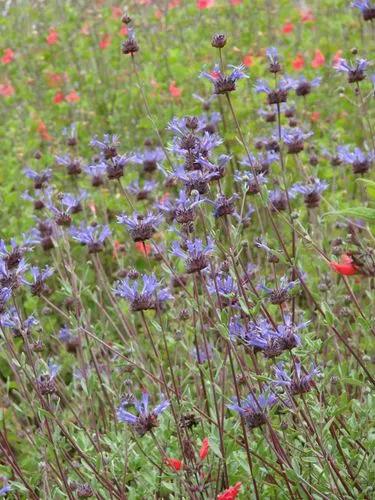Gold Dust Aucuba is an evergreen shrub from the Garryaceae family. Under natural conditions, this plant grows in China, Korea, and Japan. It's a good choice for both beginners and expert gardeners.
Gold dust Care
Aucuba japonica
Other names: Spotted Laurel, Japanese Aucuba, Japanese Laurel, Gold Dust Aucuba, Variegated Gold Dust Plant



This beautiful shrub reaches 3-4 feet (1-1.5m). The leaves are leathery, shiny, and elongated. The foliage color is dark green with yellow spots of various sizes. The blossoms are brownish-red and collected in inflorescences. This plant is a moderate grower, although faster growth can be accomplished with yearly fertilizing and regular watering until it reaches the desired size.
How to Care for the Plant

Water

Aucuba needs abundant watering between May and August. You should irrigate the soil as soon as it dries out. In other months, watering needs to be moderate or scarce. Try to avoid the stagnation of liquid in the soil.

Pruning

You can prune your greenie in March. You can also pinch young sprouts to make the crown more lush and spectacular. The cut tops of the stems may be used as planting material.

Fertilizer

Feed your green pet from March to August once every 7 days. Add organic material and complex mineral fertilizer to the substrate. Remember, this greenie has a dormant period during autumn and winter, so you cannot feed it at this time.

Sunlight

The best lighting for your green beauty is diffused sunlight or partial shade. Put your Aucuba next to a north-facing window. Even though Gold Dust can survive in the shade, it affects the plant's appearance.

Soil

Your Aucuba will thrive in a growing medium of peat, leafy and clay-soddy soil, and sand (in a 2:2:6:1 ratio). You can also mix sand, peat, humus, sod, and leafy soil (1:1:1:2:1).

Propagation

Aucuba japonica can be propagated by seeds or cuttings. If you choose the cuttings method, use the tops of the stems with several leaves. You need to plant the cuttings in sandy peat and keep them warm. The optimal temperature range is 70-72°F (21-22°C). Remember to water young plants regularly until they are rooted.

Temperature

During the spring and summer period, the temperature in the room should be 64-68°F (18-20°C). If the room is warmer, the bush will grow old faster and throw off all the foliage. In winter, Aucuba japonica needs a temperature of 50-57°F (10-14°C).

Container

Aucuba japonica requires a wide container to thrive. Make sure to put a thick drainage layer on the bottom. Until your green pet reaches age 5, you will need to replant it in a new container every year.

Fun fact

Gold Dust's s smell helps stop the spread of viruses and bacteria.

Popularity

7,903 people already have this plant 1,383 people have added this plant to their wishlists
Discover more plants with the list below
Popular articles






